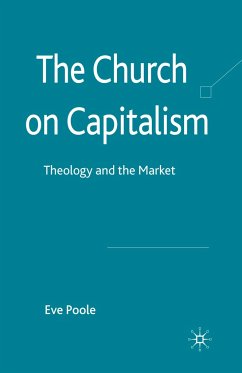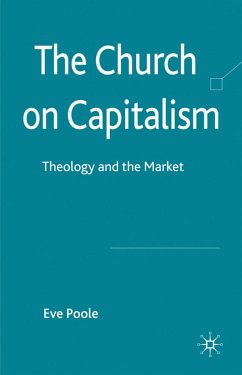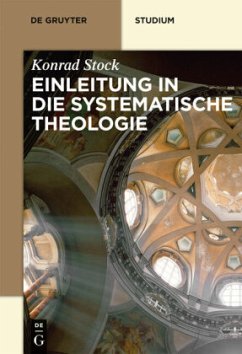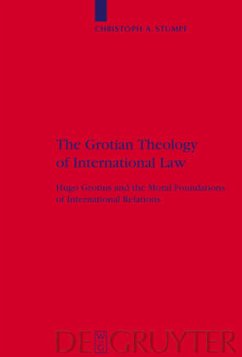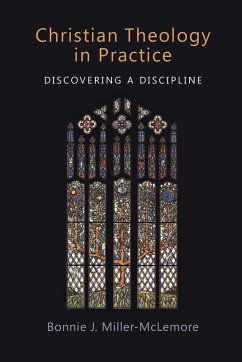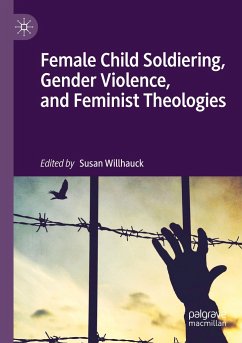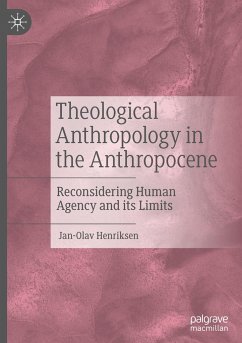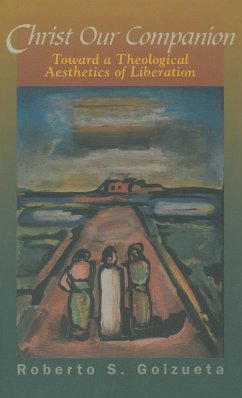
Exploring Integrity in the Christian Church
Versandkostenfrei!
Versandfertig in 6-10 Tagen
106,99 €
inkl. MwSt.
Weitere Ausgaben:

PAYBACK Punkte
53 °P sammeln!
This book presents a philosophical and theological analysis of the concept of integrity. Using case studies, it offers a view of integrity which is focused in: identity (individual and corporate); responsibility (for critical reflection on identity and related ideas and feelings associated with worth, mutual and plural accountability, and shared responsibility for creating and creation); ongoing learning (individual and corporate). Simon Robinson brings together Aristotelian and existentialist perspectives, agapeic theology, and wider leadership and governance theory, and in doing so connects ...
This book presents a philosophical and theological analysis of the concept of integrity. Using case studies, it offers a view of integrity which is focused in: identity (individual and corporate); responsibility (for critical reflection on identity and related ideas and feelings associated with worth, mutual and plural accountability, and shared responsibility for creating and creation); ongoing learning (individual and corporate). Simon Robinson brings together Aristotelian and existentialist perspectives, agapeic theology, and wider leadership and governance theory, and in doing so connects ecclesiology, Christian Ethics, pastoral theology, church leadership and governance. Robinson focuses on praxis, reflection on how the Christian church engages its members and the world, and how it can learn and develop peacebuilding. Critical to this the development of genuine dialogue, individual and shared narrative building, and the corporate framework of virtues and virtue development, which connects individual and corporate agency.



